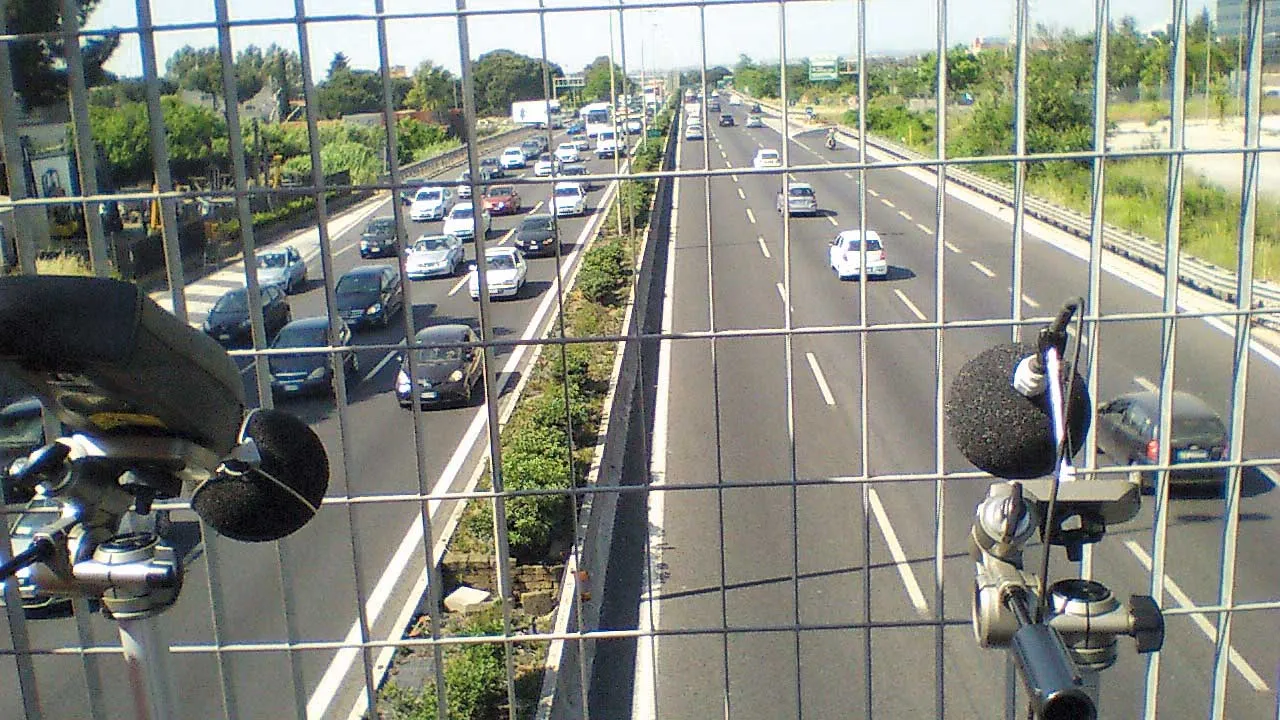
Graduates of the
Asia’s infrastructure push offers opportunities to minimise road crashes, which cost many developing countries 2-5% of GDP each year. To help set priorities that address connectivity and safety, this study analysed 13,000km of highways, or 13.4% of the Kazakhstan highway network. Within this sample, most roads were undivided with two lanes and rated below "good" condition. Most crashes were found to be related to infrastructure deficiencies and non-compliance of the drivers to traffic rules and regulations. A series of maps identifies priority areas for improvement. Building on this analysis and a review of best practices, cost-effective infrastructure measures are recommended for improving connectivity and road safety.







